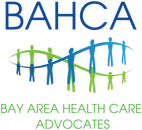What You Should Know About Long COVID
[fa icon="calendar'] Sep 10, 2021 4:00:00 AM / by Kim Mcilnay, BCPA posted in Coronavirus
Home With COVID-19
[fa icon="calendar'] Jul 24, 2020 7:00:00 AM / by Kim Mcilnay, BCPA posted in COVID-19, Coronavirus, Recovery
A slice of good news found within the COVID-19 statistics is that the majority of people with the virus are not sick enough to warrant hospitalization. Johns Hopkins estimates about 80 – 90% of COVID-19 cases are “not severe and many may be asymptomatic.” Even though people experience varying levels of symptoms and recovery times, there are things that patients or their caregivers can do at home to manage mild to moderate COVID-19 symptoms and help the recovery process.
Long COVID-19 Recoveries Could Strain Rehab Facilities
[fa icon="calendar'] Jul 3, 2020 4:00:00 AM / by Donna Smith, BCPA posted in COVID-19, Coronavirus
As of July 2, 2020 Johns Hopkins University placed the number of recovered COVID-19 patients in the U.S. at over 729,900. But what does "recovered" really mean? Patients can be struggling to recover from the virus's multi-organ damage as well as the mental and physical challenges resulting from long-term Intensive Care Unit (ICU) stays and numerous days on a ventilator.
Assessing the psychological toll of COVID-19, Dr. Lindsay Lief, a pulmonologist at Weill Cornell, says that lengthy ICU stays during “ordinary times” can result in cognitive deficits, anxiety, depression or symptoms of post-traumatic stress disorder. She expects those issues to be magnified for COVID-19 patients.
Based on a study previously conducted on patients who recovered from Severe Acute Respiratory Syndrome (SARS),survivors "showed worrying levels of depression, anxiety, and post-traumatic symptoms" one year after the outbreak.
Even though SARS cases were generally more severe than COVID-19 cases, researchers use SARS for potential insights into transmission, treatment, and outcomes because there are many similarities between the two coronaviruses including how they are spread (coughing, sneezing, and touching contaminated surfaces); symptoms, such as shortness of breath, cough, fever, and headaches; and both can become serious illnesses.
Recovery for COVID-19 patients typically takes place in a post-acute care setting, such as a skilled nursing facility, long-term care hospital or rehab center, as it did for Charlie Blueweiss, a 33 year-old COVID-19 survivor. He spent just over four weeks in a COVID-19 recovery ward overcoming multiple issues: muscle weakness that prevented him from sitting up, hands so swollen he couldn’t use his phone, burning pain in his foot, a bedsore, and learning how to walk more than six feet with a walker before needing to rest.
Unfortunately, both the length of Mr. Blueweiss’s rehabilitation stay and his symptoms are common for recovering COVID-19 patients. Gregg Garfield, a 54-year-old avid skier, was hospitalized for 64 days, including 31 days on a ventilator. He suffered kidney damage, collapsed lungs, and had to learn how to walk again. He is on a “long road to full recovery.”
Brian Robinson, a 53-year-old man from Pennsylvania, experienced kidney failure, had to relearn how to walk, talk, swallow and eat. He spent 42 days in the hospital and other medical facilities.
Akhink Omer, a 31-year-old woman, is described as feeling "...perfectly fine [one day], and the next she was hit with fever, diarrhea, fatigue, coughing fits, severe body aches, and 'the worst headache of my life for the first few days.'" It took Ms. Omer six weeks from the onset of her symptoms to resume her previous activity level. She spent eight days in the hospital “fighting to breathe,” then left the hospital with, among other things, abnormal liver tests, a cough that lasted for weeks, and continued weakness.
But just when COVID-19 patients need a place to recover from their severe symptoms, post-acute care facilities may not have enough beds for recovering patients. In April, a Brigham and Women’s Hospital analysis based on the SARS-CoV epidemic, projected at least 700,000 Americans would require some type of inpatient post-acute care over the following six months. Yet there are only approximately 345,000 available skilled nursing facility beds in the U.S.
Some hospitals, like Weill Cornell where Mr. Blueweiss was hospitalized, have created special COVID-19 recovery wards. Likewise, some nursing homes have created new wings for recovering COVID-19 patients. But challenges still exist. Not all facilities have the required space and funds to create safe, fully-staffed, fully-equipped COVID-19 care units.
Portions of the care may be transferred to patients’ homes. But that requires a home environment that is safe for both the recovering patient and others who live in the home, funding for home health aides (HHAs), and someone to assist the patient when HHAs are not there.
As with many aspects of the pandemic, this issue is being addressed city-by-city, facility-by-facility, and family-by-family. Ideally, soon there will be policies and funding to resolve the logistical and financial challenges of COVID-19 recovery. Until then, the best course of treatment is prevention. Only go out for essential tasks, and when you do, wear a mask, practice social distancing, and wash your hands frequently.
COVID-19: Sorting Fact from Fiction
[fa icon="calendar'] Jun 19, 2020 3:00:00 AM / by Donna Smith, BCPA posted in COVID-19, Coronavirus
COVID-19 is an elusive, yet persistent part of our lives. We want to understand the virus as much as possible in order to avoid becoming one of its statistics. Daily updates are readily found online, on television and in print. Discoveries, theories, statistics, and predictions abound. Yet how do you know which sources to trust?
Staying Safe As States Re-Open
[fa icon="calendar'] Jun 1, 2020 11:00:00 AM / by Kim Mcilnay, BCPA posted in COVID-19, Coronavirus
If shelter-in-place seemed to come with a road map (what to do, not to do, and how to stay reasonably safe), the re-opening feels a bit more like the early days of Google maps. You can see your final destination, but the suggested route seems to have you driving all around it, leaving you uncertain as to the best path for getting there.
It's Time to See the Doctor
[fa icon="calendar'] May 22, 2020 5:00:00 AM / by Kim Mcilnay, BCPA posted in COVID-19, Coronavirus
If you missed medical appointments due to COVID-19, it's time to consider rescheduling them as doctors’ offices and health care facilities are re-opening in accordance with state and local guidelines. While it might be tempting to avoid the doctor's office during the pandemic, you'd hate to suffer the consequences of missing treatment for a preventable condition when safe care can be obtained. Here are some changes you should see in medical offices and tips to help you minimize risk while resuming your health care.
COVID-19 Can Damage More Than Your Lungs
[fa icon="calendar'] May 1, 2020 7:00:00 AM / by Donna Smith, BCPA posted in COVID-19, Coronavirus
As the coronavirus continues to spread, doctors and scientists are working to understand and treat the myriad of organ and system damage they are seeing in patients with COVID-19 .
Preparing for Hospitalization During the COVID Pandemic
[fa icon="calendar'] Apr 23, 2020 8:00:00 AM / by Kim Mcilnay, BCPA posted in preparing for your doctor's appointment, COVID-19, Coronavirus, Hospital
Thanks to Advoconnection for posting my article on how to prepare for the hospital, especially during the COVID pandemic. There are specific steps you can take TODAY to prepare.
Packing a Hospital "Go Bag"
[fa icon="calendar'] Apr 21, 2020 6:40:38 AM / by Kim Mcilnay, BCPA posted in elderly illness, ER, COVID-19, Coronavirus, Hospital
We're familiar with the concept of packing a "Go Bag" in the 3rd trimester of pregnancy, or if serving as active duty military. If you're someone with chronic illness who may need an emergency trip to the hospital, or someone who is at increased risk of hospitalization during the COVID 19 Pandemic, it's a good idea to pack a "Go Bag" now.
Long-Term Care in the Time of COVID-19
[fa icon="calendar'] Apr 10, 2020 3:42:49 PM / by Kim Mcilnay, BCPA posted in Nursing Home/Skilled Nursing Facility, COVID-19, Coronavirus
If you have a loved one in a long-term care facility, you want to stay connected with them while also making sure the facility is doing all they should to keep their residents and staff safe. Here are some suggestions for both of those goals:
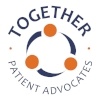

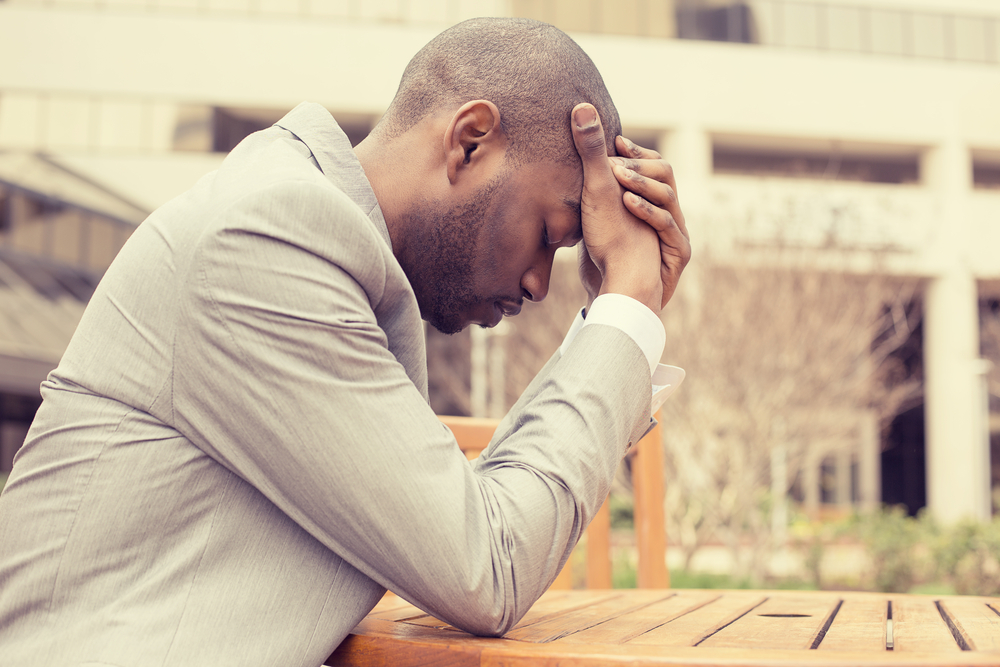

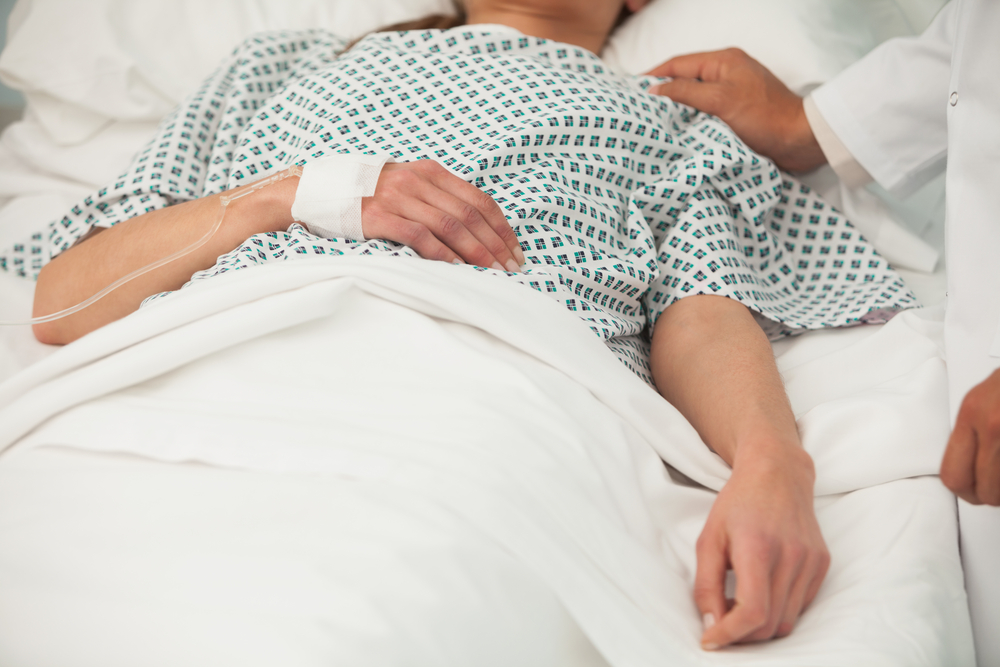



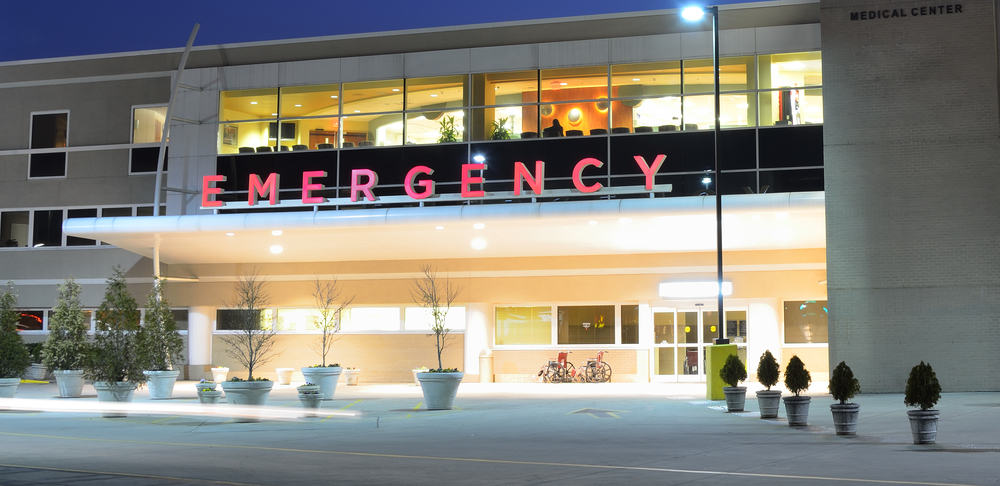
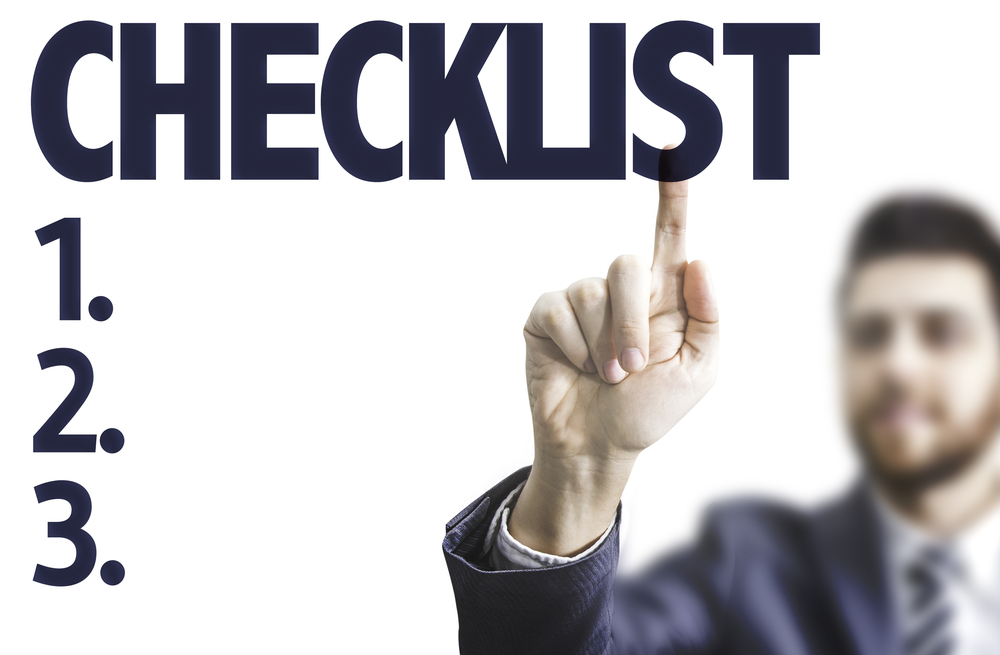
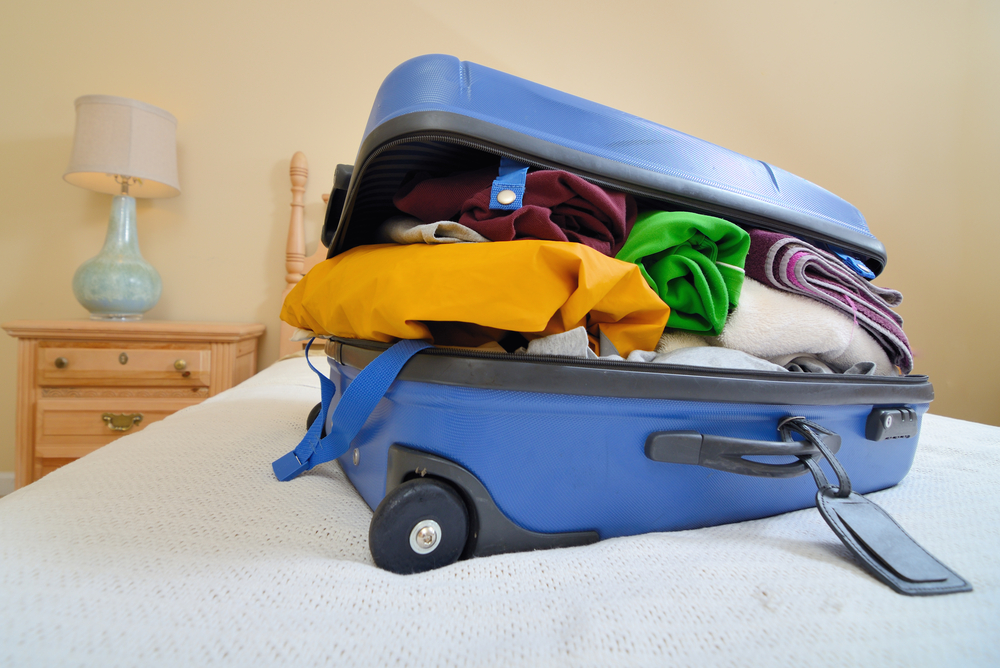
%20in%20garden%2c%20spring%20in%20northern%20Illinois.jpeg)
.gif?width=200&name=NAHAC-Member-Badge200x112+(1).gif)
